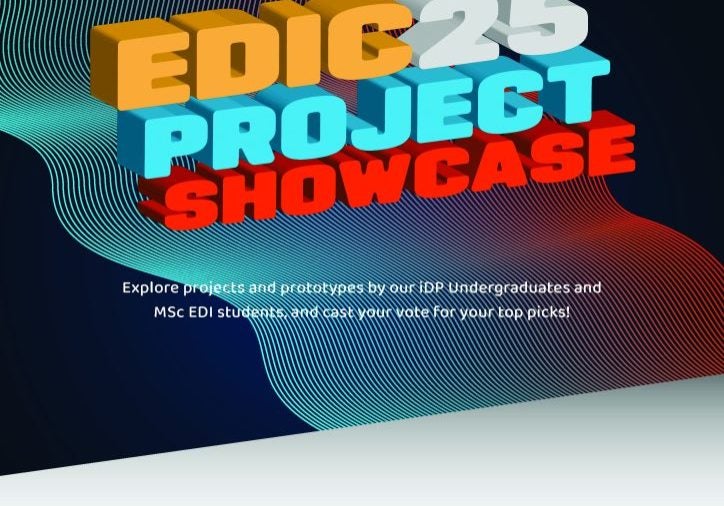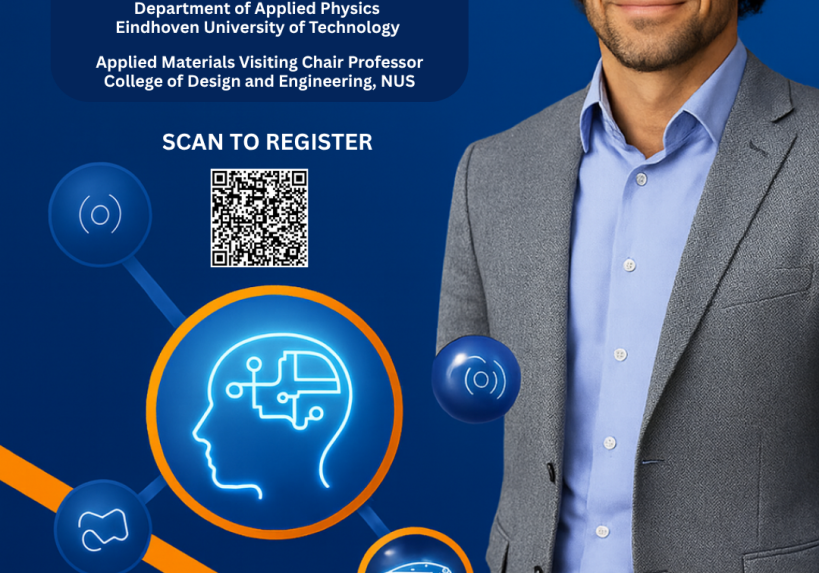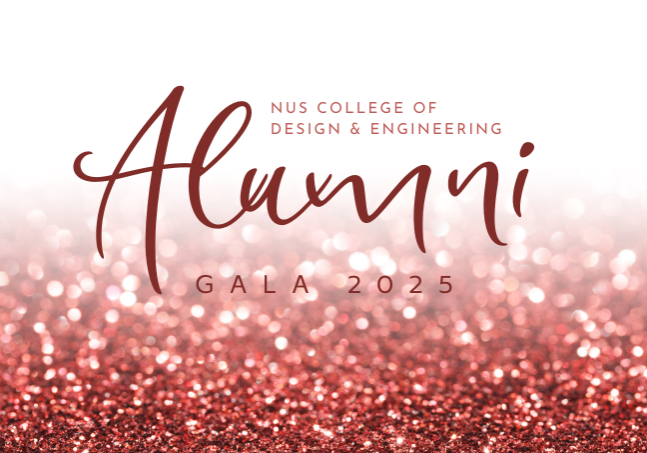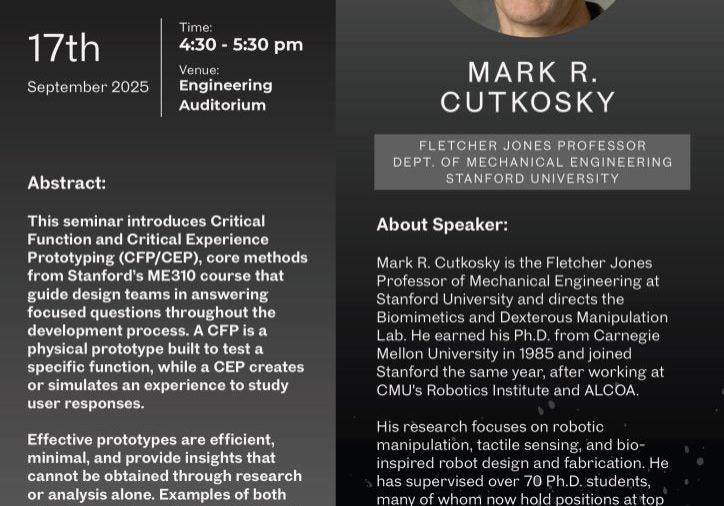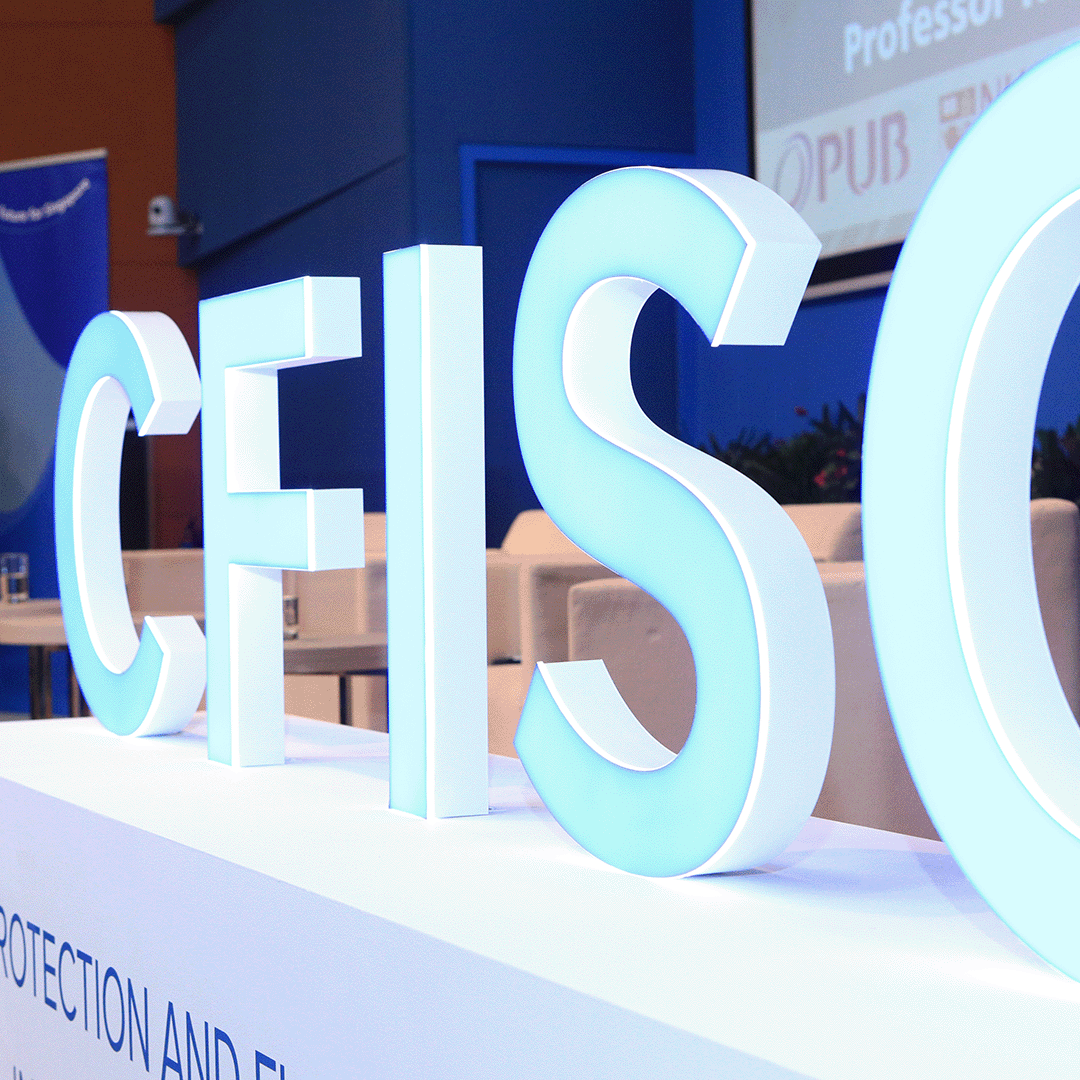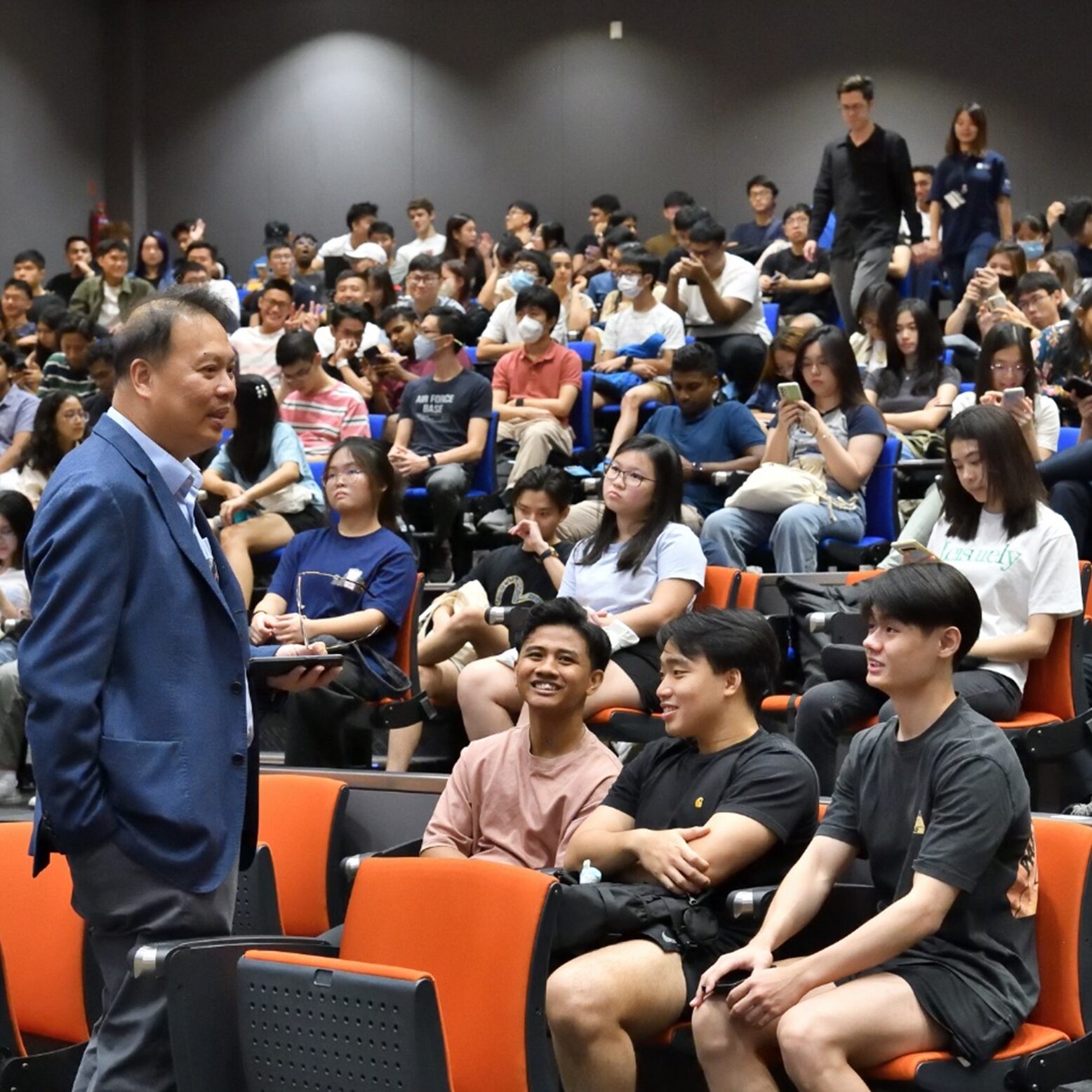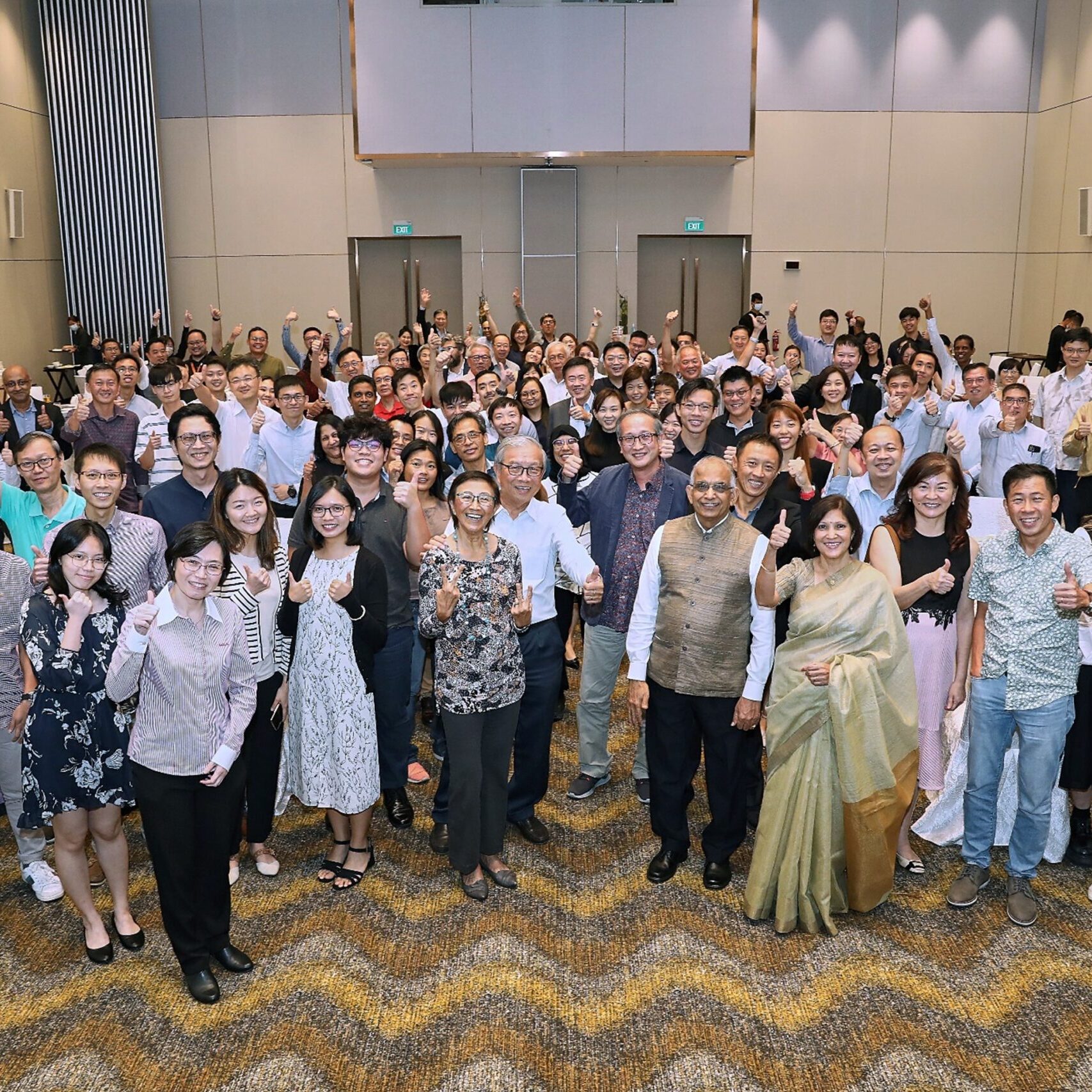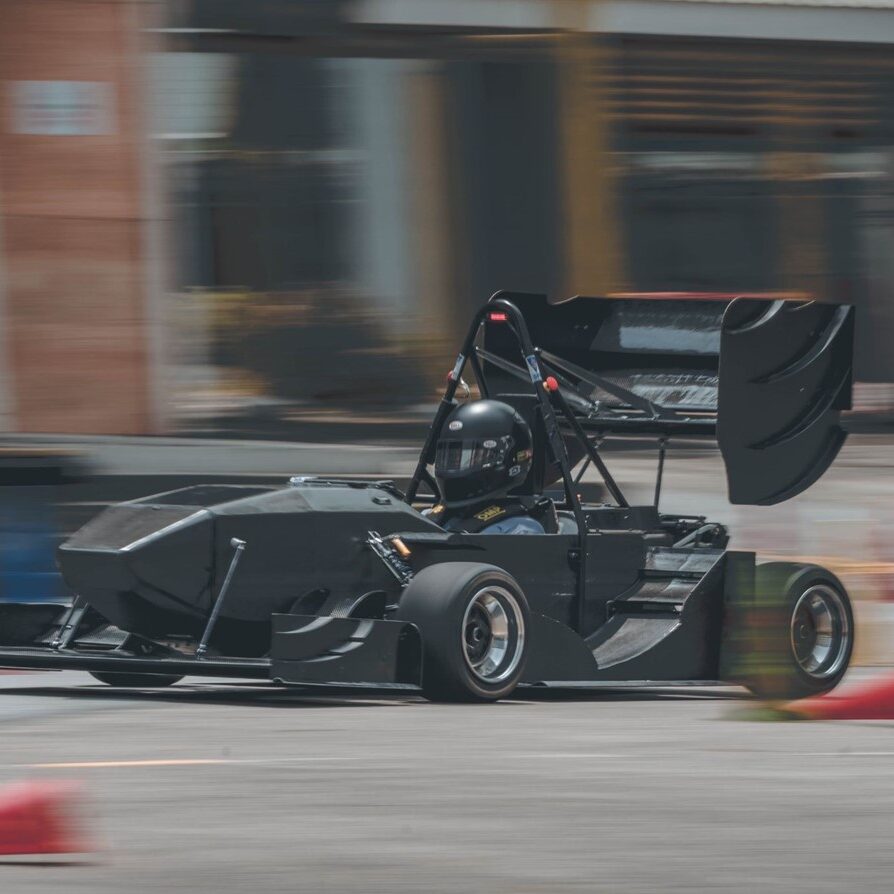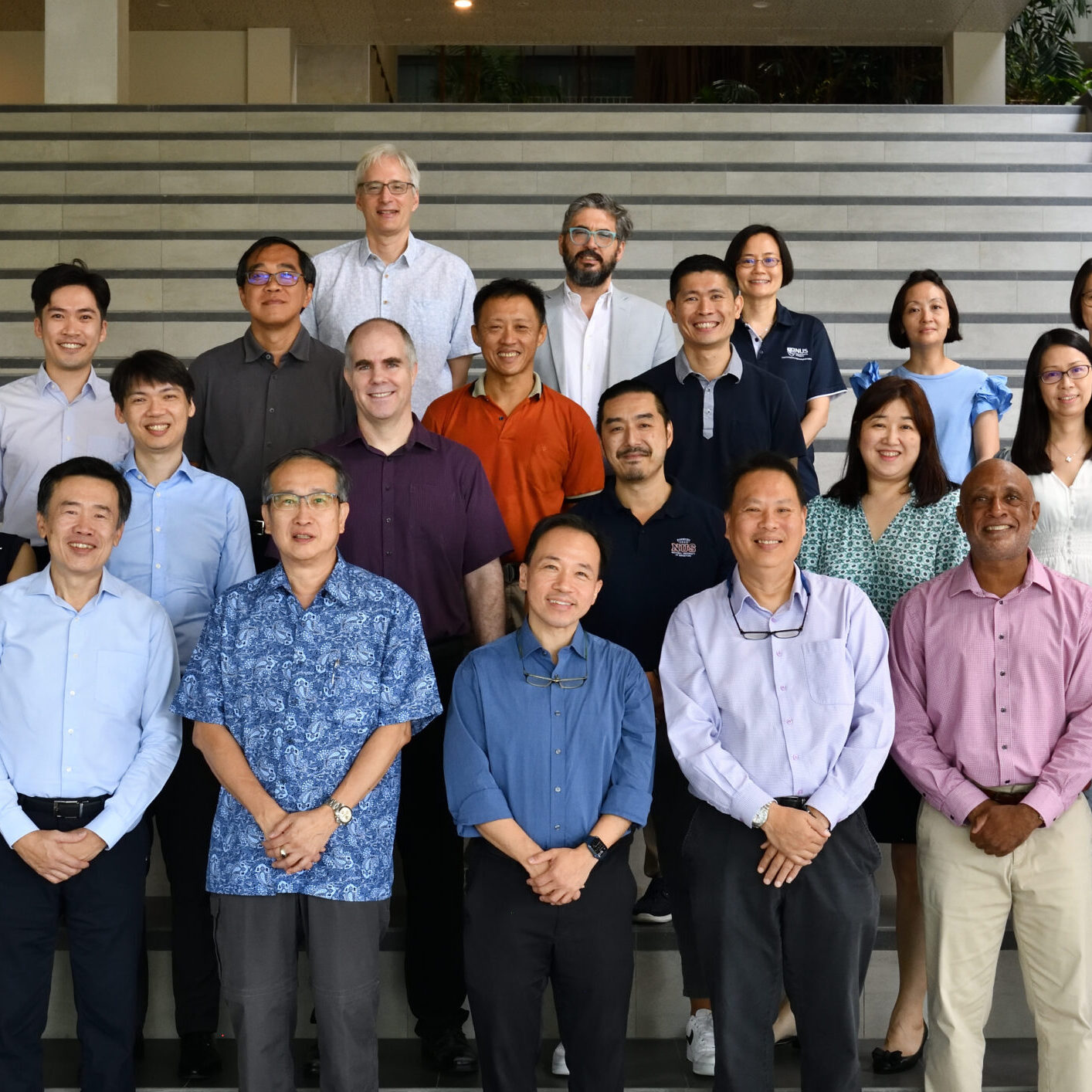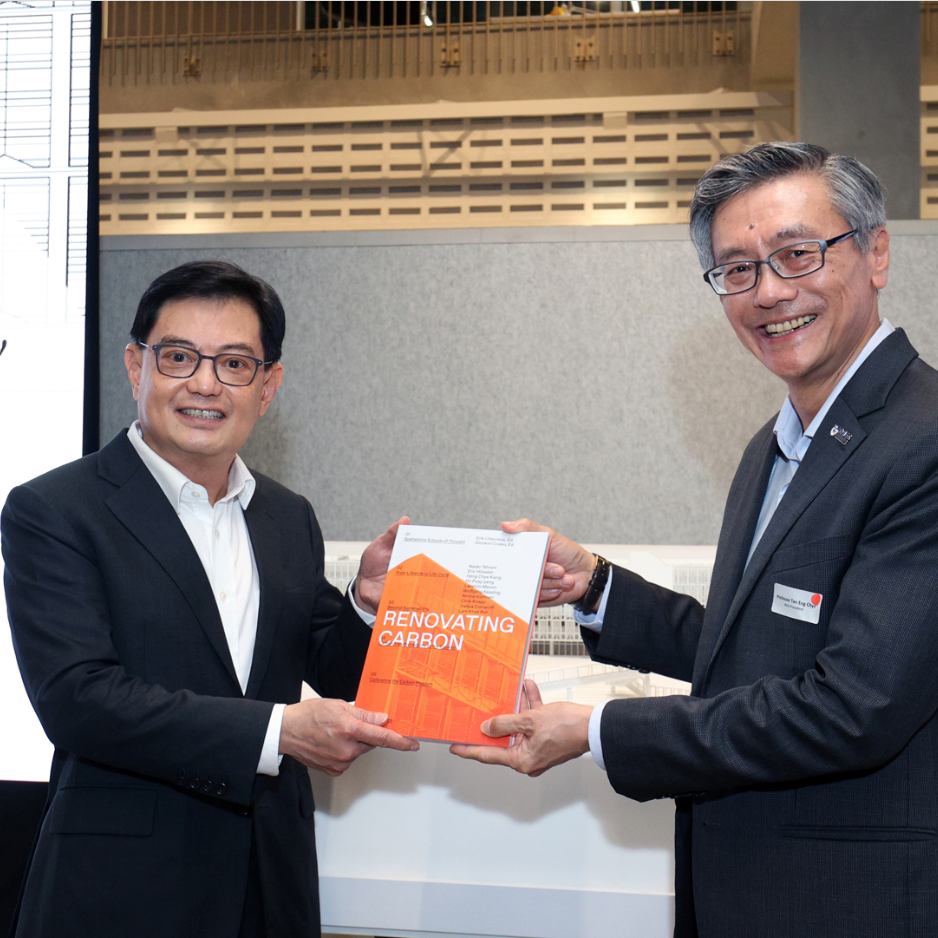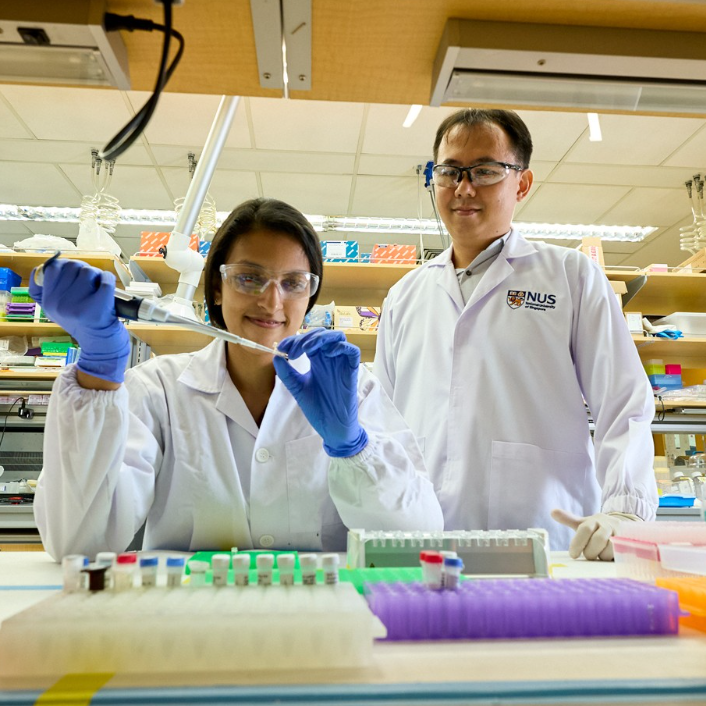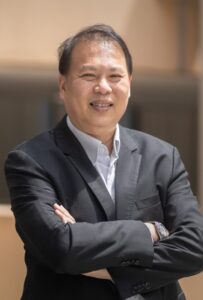 Dear students and colleagues,
Dear students and colleagues,
I had the honour of attending the Annual College of Design and Engineering Alumni Awards and the NUS Alumni Awards earlier this month. The College recognised the achievements of nineteen individuals and two alumni teams, while the University celebrated two outstanding alumni for their significant contributions to society and our alma mater.
The 2023 award recipients represent a diverse array of fields, including architecture, design and engineering. Despite their diverse backgrounds, the three distinguished CDE Distinguished Alumni, Dr Teo Ho Pin (Building, Class of 1985), Mr Brian Tan (Mechanical Engineering, Class of 2000), and Mr Mok Wei Wei (Architecture, Class of 1982), —share a common passion for making a meaningful impact. Their contributions include raising scholarship funds, offering mentorship, and creating opportunities for current students through industry engagement and internships.
It was truly inspiring to connect with recent graduates at the event who are already making a positive impact in the world. They are not only excelling in their professional fields but also contributing to initiatives such as promoting STEM education for girls, working with non-profits, and actively engaging with their communities. Witnessing these achievements fills me with immense pride.
Professor Teo Kie Leong
Acting Dean
College of Design and Engineering
HIGHLIGHTS
EVENTS
EDIC Project Showcase Nov 2025
This semester’s EDIC Project Showcase will feature projects from Year 3 students in the Innovation and Design Programme (iDP) who are completing CDE3301 Ideas to Proof-of-Concept this semester and MSc EDI students in the CDE5312 Beyond the Surface: Exploring Interactive Wearables course.
CDE Alumni Gala 2025
Serving as both an Alumni Reunion and the CDE Awards Ceremony, the Gala will honour outstanding alumni whose achievements exemplify innovation, leadership, and service to society.
Prototyping to Answer Critical Questions
This seminar introduces Critical Function and Critical Experience Prototyping (CFP/CEP), core methods from Stanford’s ME310 course that guide design teams in answering focused questions throughout the development process. A CFP is a physical prototype built to test a specific function, while a CEP creates or simulates an experience to study user responses. Effective prototypes are […]




